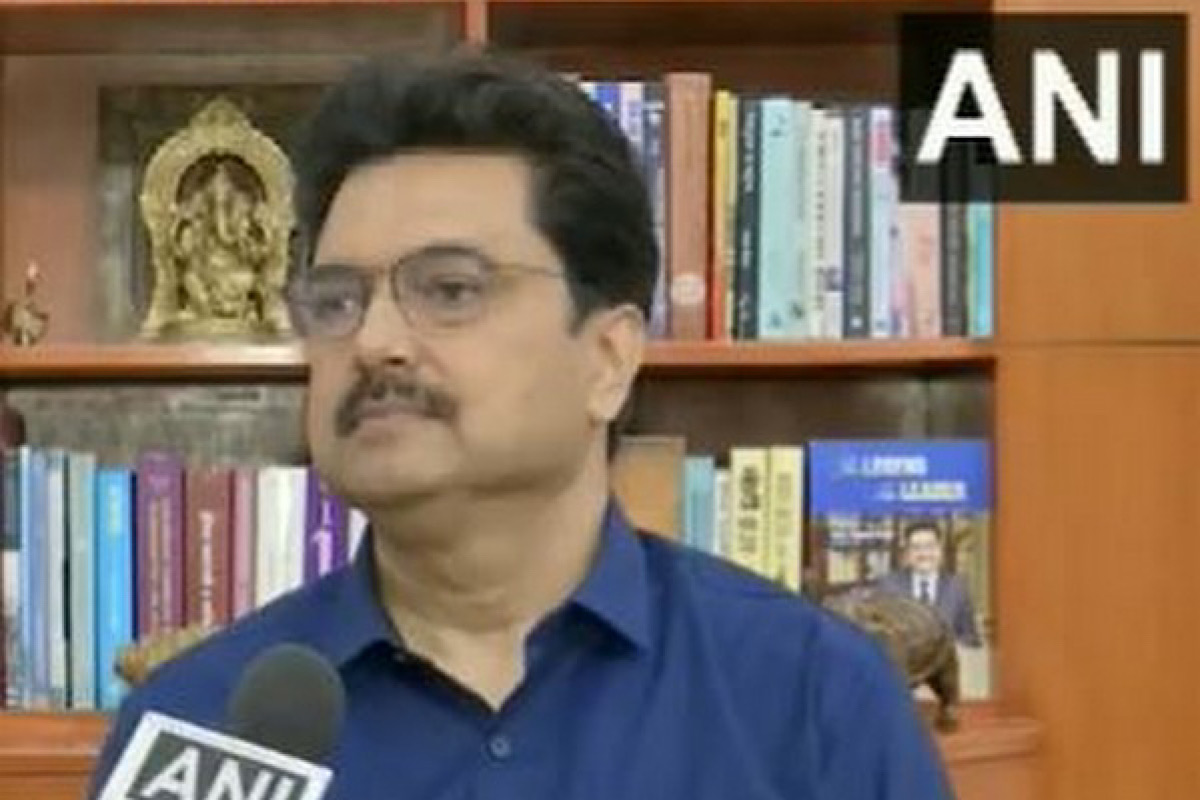After Delhi University’s Academic Council dropped a chapter on renowned Urdu poet Muhammad Iqbal from its political science syllabus, Vice-Chancellor Yogesh Singh on Tuesday said the poet is remembered for his composition ‘Sare Jahan Se Achha…’ but he never believed in those words.
The VC’s remark followed shortly after the national poet of Pakistan, Allama Iqbal alias Muhammad Iqbal, was dropped from the Political Science syllabus during a discussion on the undergraduate course in the 1014th Academic Council meeting of Delhi University. Speaking to ANI, the vice-chancellor said, “I don’t know why we were teaching his (Muhammad Iqbal’s) part in the syllabus for the past 75 years. I agree that he served India by composing the popular song ‘Sare Jahan Se Acha’ but never believed in that.”
Advertisement
Earlier, on Friday, Vice Chancellor Singh presided over the meeting of the Academic Council, saying that those who laid the foundation to break India should not be included in the varsity’s syllabus.
“Iqbal wrote songs supporting the ‘Muslim League’ and the ‘Pakistan Movement’. He was the first to raise the idea of the partition of India and the establishment of Pakistan. Instead of teaching our students about such people, we should impart lessons on our national heroes,” the VC said.
Further, according to an official statement, the vice-chancellor’s proposal was unanimously passed by the House. In the meeting, the syllabus for the fourth, fifth and sixth semesters of various courses under the Undergraduate Curriculum Framework (UGCF) 2022 was passed. The VC also emphasised the teachings of Babasaheb Bhimrao Ambedkar and many more luminaries.
The meeting also considered the recommendations of the Standing Committee regarding the BA course proposed by the Department of Philosophy and approved them unanimously along with the head of the department.
The BA courses offered by the Department of Philosophy include the “Philosophy of Dr Ambedkar”, “Philosophy of Mahatma Gandhi” and “Philosophy of Swami Vivekananda”. In addition, the Vice-Chancellor requested the Head of the Department of Philosophy to explore the possibility of including Savitribai Phule in the curriculum.
In the meeting of the Academic Council of the University of Delhi, the establishment of the Tribal Studies Centre was also approved, stating that it would be a multi-disciplinary centre with studies on various tribes of India.
“The main objectives of the centre were to understand the term “tribe” from an Indo-centric perspective, to study their social, cultural, linguistic, religious, economic, and environmental aspects and to study the role and contribution of tribal leaders in different eras of India,” the statement read.











